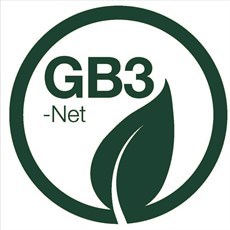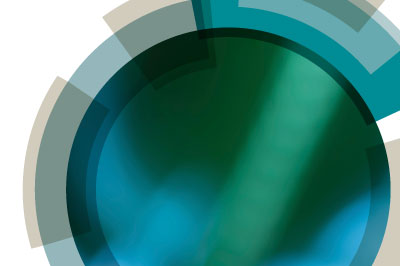Introduction
There is a rapid growth of interest in the use of renewable resources, and in particular bio-resources for the manufacture of future, sustainable chemicals and materials. The latest USDA report on the potential for bio-based products indicates 10% chemical market penetration by 2015 with ultimately 50,000 eco-products representing a global market value of $1 trillion and the creation of over 200,000 jobs in the US alone
This movement is encouraged by end-user concerns over security of supply (of products based on traditional but diminishing feedstocks), legislation forcing substitution of many common (typically petroleum-based) chemicals, new standards for bio-based products designed to stimulate the markets in Europe and the USA, incentives (e.g. the US bio-preferred programme) and consumer pressure.The first significant market movement in this direction was with biofuels but the rush to produce these without proper consideration of competing uses for resources and the efficiency of the manufacturing processes lead to considerable debate over the true sustainability of the products and processes. With increasing pressure in Europe, USA and elsewhere to move towards bio-based chemicals it is essential that we underpin the bio-economy with sound and well debated science and technology and that we embrace key chemical technologies including catalysis.
Themes
-
Bio-based materials
Can we find or make efficiently enough renewable aromatic compounds for us to continue to have a substantial number of high volume aromatic polymers?
What materials in the future will be bio-based or bio-derived?
Should they be “drop in” replacements for existing materials or completely new materials? - Bio-based chemicals
What proportion of future chemicals will be bio-based?
Should the focus be on specialities or commodities (or both)?
What will be the key bio-based “platform molecules”?
What are the drivers for bio-based chemicals?
What are the likely feedstocks?
How can we separate molecules from complex bio-based mixtures?
How can we purify molecules from refined mixtures? - Conversion technologies
What proportion of the bio-based market can be met from bio-transformations?
How can modern chemical catalysis be exploited in the area?
Can we fully exploit heterogeneous catalysis in the conversion of biomass to chemicals?
Can we integrate bio- and chemo-technologies such as bio- and chemical catalysis?
What is the future for alternative energy technologies (e.g. microwave)?
Do we need new technologies?
How can we match raw materials with market needs? - Feedstocks and analysis
What are the most important feedstocks for a bio-based chemicals/materials industry?
How important is the location of the feedstock?
Do we need speciality non-food feedstocks?
How can we analyse complex bio-based mixtures?
How can we separate complex bio-based mixtures obtained from biomass?
Aims
This Faraday Discussion aims to address some of the critical issues in this field by bringing together experts in different but complementary areas in the chemical sciences. These issues include:- Which resources?
- All chemicals or specialities only?
- How can (green) chemistry complement biotechnology in the production of chemicals and materials?
- Which catalytic technologies re best suited for the biomass challenge and what are the knowledge gaps?
- Can we use the synthetic chemistry toolkit to create a new chemistry set based on (bio-derived) platform molecules?
- How can (green) chemistry help the bio-energy (including bio-fuel) industries?
- Do chemists understand enough about biomass?
- What will be the most important biomass conversion technologies?
- How can we address the complex separation and analysis issues associated with biomass chemistry?
- What proportion of materials (especially polymers) can bio-based products replace?
- Should bio-based chemicals and materials be drop-in or do we need to start new molecules and processes and create new formulations to deal with new components?
Format
The Faraday Division have been organising high impact Faraday Discussions in rapidly developing areas of chemistry and its interfaces with other scientific disciplines for over 100 years.Faraday Discussions have a special format where research papers written by the speakers are distributed to all participants before the meeting, and most of the meeting is devoted to discussing the papers. Everyone contributes to the discussion - including presenting their own slide if it aids discussion.
Find out more about Faraday Discussions here.










